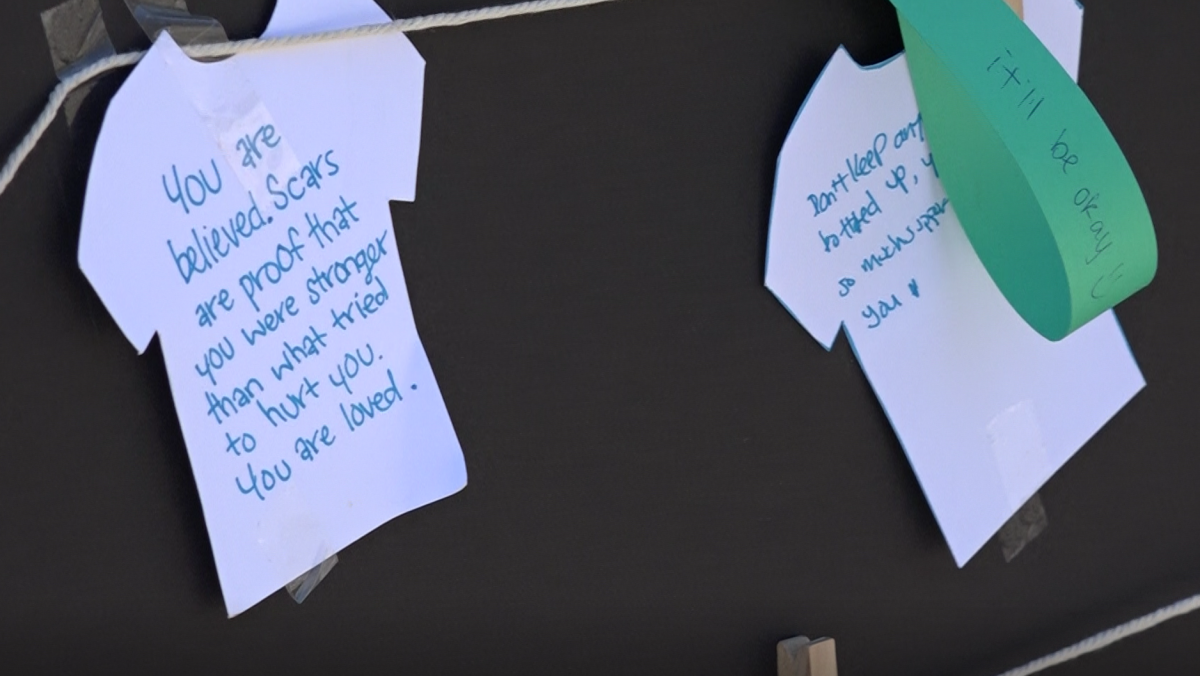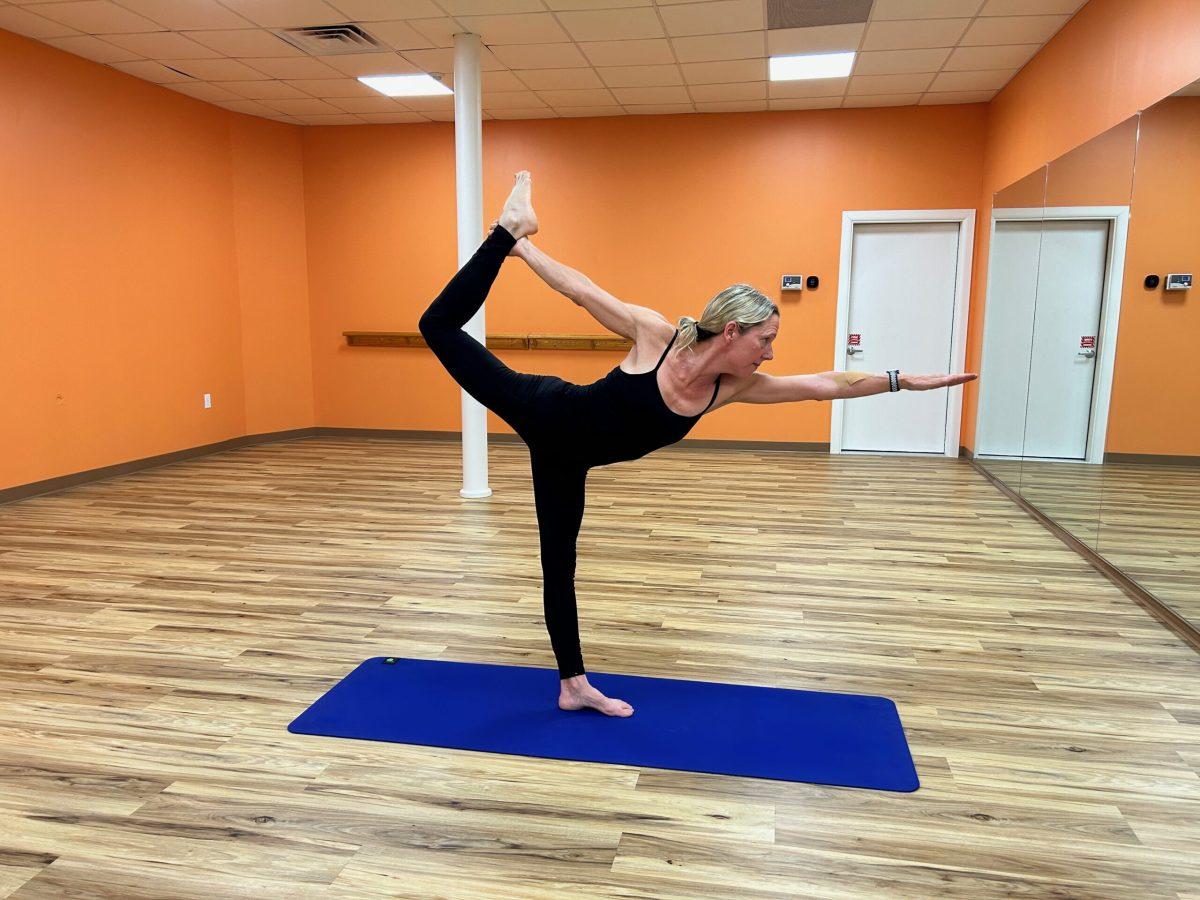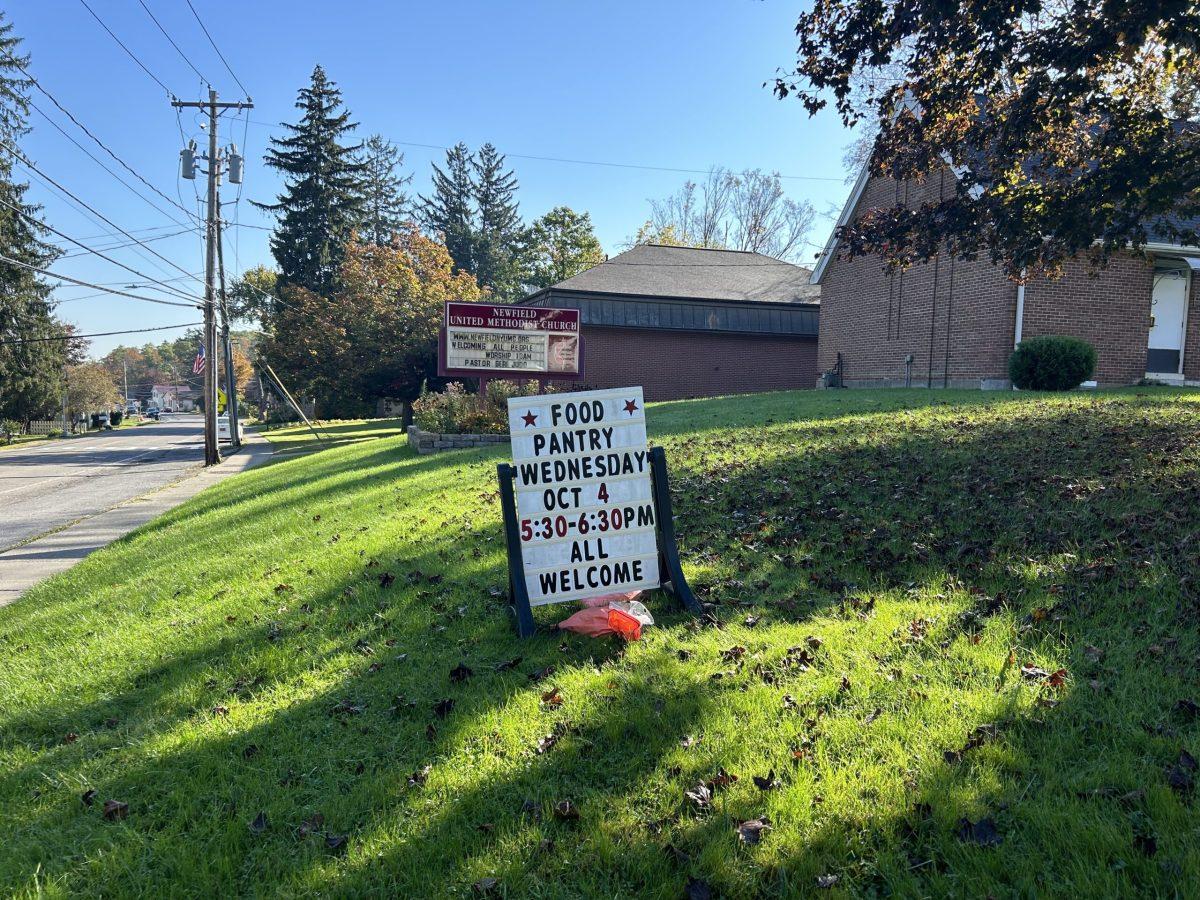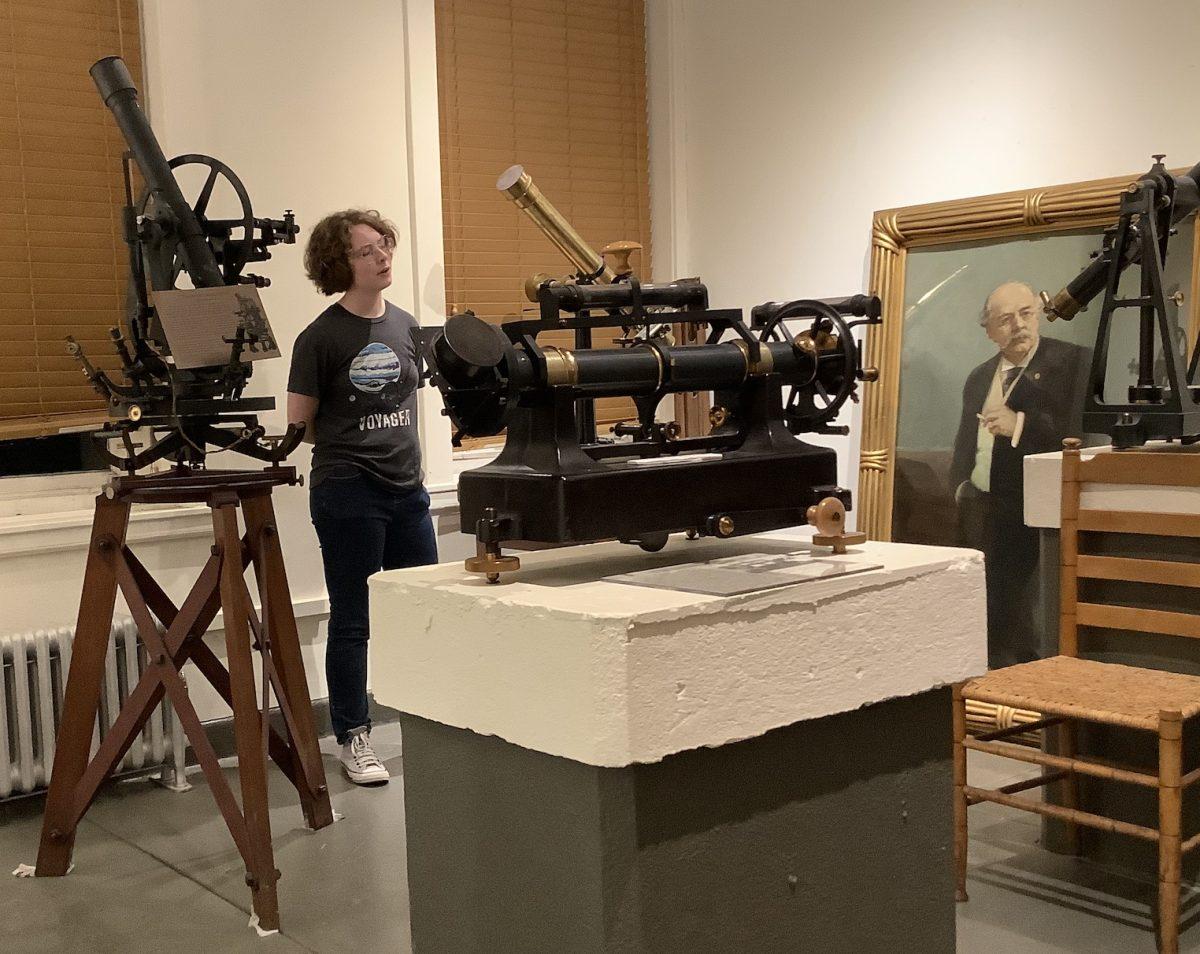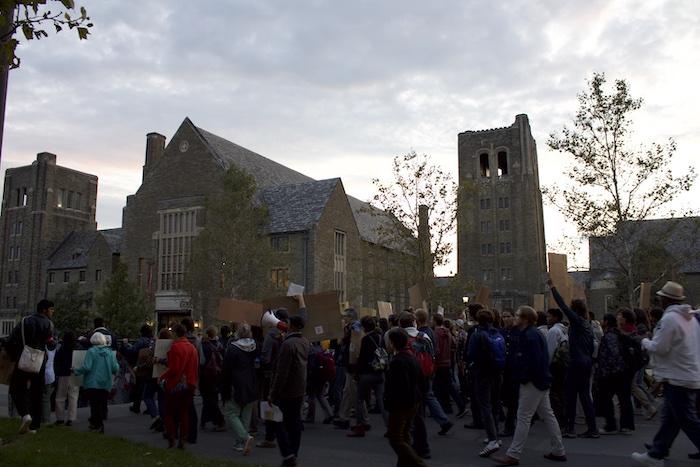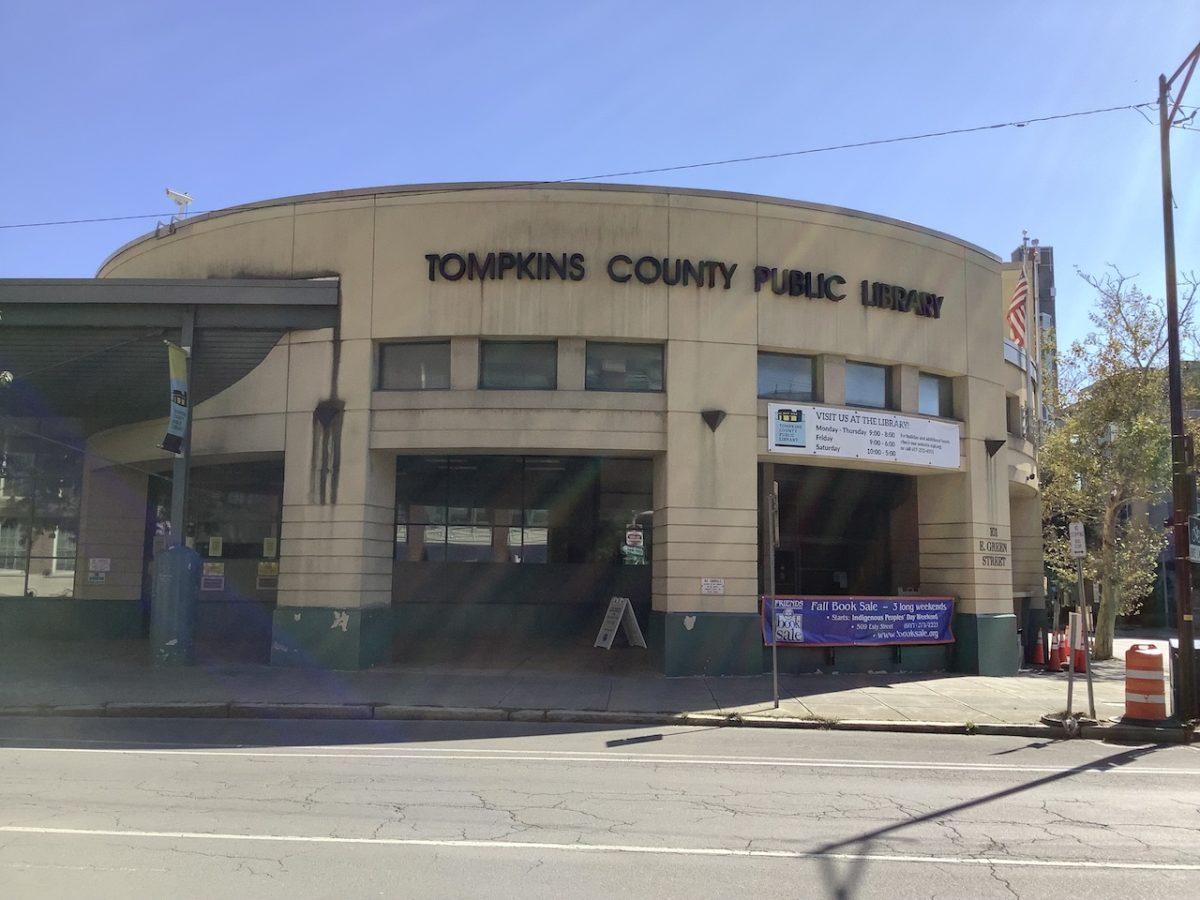The reality of love is not always a fairytale. In fact, particularly on college campuses, it can be the exact opposite. Adults ages 18-24 are the most prevalent age group to be affected by sexual assault and students at Cornell University are bringing light to sexual assault and violence awareness.
Students at Cornell hosted a Sexual Assault Awareness Week from Apr. 17-21. This was the third-annual Week held at Cornell. This year’s Week targeted different demographics within the larger Cornell community in order to spark a variety of conversations.
The twelve events held throughout the Week targeted a variety of groups including athletes, greek life, LGBTQ and class, said Jennifer Mandelblatt, one of the Week’s coordinators. The planning committee wanted to focus on specific communities because the reactions for sexual assault and violence vary based on demographics, said Simone Klein, another coordinator for the Week.
“Sexual assault looks really different in different demographics and in different communities,” she said. “That’s the point of this week, especially, is focusing on intersectionalities of sexual assault, making sure people know how it affects them and their identities and communities, especially in more marginalized spaces so that we can be prepared to fight this on all fronts.”
Each year builds a stronger foundation for the next year’s Week, Mandelblatt said. The Week held in 2016 focused on less, but bigger, events at times even targeting for crowds of 600 people. This year, the planning committee wanted to focus on having more, but smaller events to get provoke conversation between students.
“The focus this year is really getting beyond the surface-level conversations and that’s really been a priority of Sexual Assault Awareness Week for the past three years.,” Mandelblatt said. “This year, we’re really focusing on the intersections of how sexual violence impacts different communities on our campus and thereby, our nation and our world.”
Klein said that she has seen more organizations reach out to the planning committee this year than in previous years. Many of the communities, such as the colored community, have reached out to the planning committee in order to be a part of the event.
“It’s really amazing to see this coming from more of a grassroots perspective,” she said. “Instead of us saying, ‘okay, this is what the campus needs,’ it’s more of the campus coming to us for additional support which is a really more organic way to facilitate these conversations.”

The planning committee divided into different teams that planned events for specific demographics. For example, there was a race and ethnicity team, a greek life team, and an age team who focused on different age demographics in the Cornell community, Mandelblatt said.
During planning meetings, the teams brainstormed for events and between meetings, discussed with different on-campus resources to find speakers or free spaces to hold the events. Mandelblatt said she and the rest of the coordinators, tried to get the volunteers of the planning committee to come up with ideas that pertained to a wide conversation than consent.
“It’s important to understand that consent is part of the conversation, but it’s not the only part of the conversation,” she said. “That’s been a little bit of the conversation… ‘How do we get away from that and really focus on preventing sexual violence, but also, in the cases where we can’t prevent sexual violence, how do we create a community of care and support?’”
The Week is helps teach the Cornell community about sexual assault and unhealthy relationships, Jordan Chall said. Chall is the president of the Athletes Ally and a campus facilitator for the organization One Love. One Love is an organization that brings awareness to relationship violence. Chall facilitated a 45-minute sexual assault workshop directed towards athletes on Thurs., Apr. 20 for the Week.
Chall said this is an important week on campus because students need to have conversations about these issues. She said it is important for students to recognize the signs of unhealthy relationships as well as know how to change them, two concepts taught during this Week.
“What most people don’t realize is that you can be in an unhealthy relationship without actually being abusive,” she said. “Whether that’s one sign or a couple signs, a relationship only becomes abusive when you have multiple unhealthy behaviors continuously.”
Prawalika Gangidi, the campus development coordinator for Residential Student Congress, helped to run an event for the freshmen class called Red Light-Green Light. The event incorporated an interactive game that let students hear about different sexual- and relationship-based scenarios and discuss the different outcomes and procedures for each scenario. Gangidi said that many students come to campus aware of what sexual assault is, but do not necessarily how to deal with it if it happens.
“I think this is really important in getting the problems to the forefront of students’ minds and it helps educate them on where they can find resources and dealing with your emotions,” Gangidi said. “I think there’s a big mental health aspect of it and I think it’s also useful in bystander intervention, like ‘how do you recognize that it’s happening?’”
Klein, a senior at Cornell, said she hopes that more on-campus organizations continue to reach out to the planning committee of the Week within the years to come. She wants every student on this campus to have conversations about sexual assault and violence.
“I think, ideally, if every single one of the organizations meeting this week incorporated sexual assault discussions into what they’re doing, that would be phenomenal,” she said. “I don’t think that will happen in one year, but honestly, we’ve come so far in just three, it could be possible.”

